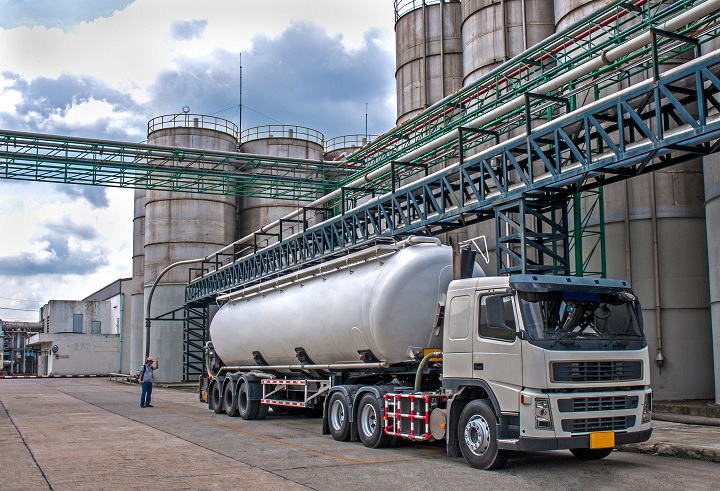Economics Highly Challenging, the North America Methanol Market

The North & South American region has faced the same uncertainty and volatility in other parts of the world. Forecasting the market’s direction through the remainder of this year and into 2023 is challenging. It might seem silly to complain about $10 per million BTU gas in the US compared to what is seen in Europe. Still, the fact of the matter is that the elevated cost of natural gas this year has caused significant grief to a North American methanol industry that relies on low cell cost to make its new position as a net exporter viable. The chart below compares North American production costs with Northeast Asia spot prices to give you an idea of how rough the situation has been.

The dark blue line depicts our North American production cost estimates, the price of natural gas feedstock is shown by the light blue line, and the Northeast Asia methanol prices by the black line. The gray bars in the chart above show the difference between the North American methanol cash costs and the Northeast Asia price. You’ll quickly notice how this spread has been approaching zero since the second quarter, even before counting freight and other logistics costs. As you can see, the Asian market has theoretically been close to North American methanol for some time. You’ll also notice that the current forecast expects this situation to improve sometime next year. Still, it wouldn’t be surprising to see current conditions continue longer in today’s volatile environment.
If feedstock stock costs are so high, why have methanol prices been lower than last year? The answer lies with the region’s supply, which has been relatively abundant this year thanks to recently increased capacity with the startup of a new Koch plant late last year, a considerable amount of derivative production, and perhaps more importantly, a lack of production outages compared to the previous year.

The chart above compares the Americas region’s operating rates last year and this year, and you’ll notice how, in 2021, numerous outages lasted more than seven days, as shown by the red tool symbols.
This was especially true during unforeseen events like last year’s winter freeze in February and Hurricane Ida in late August. This year, however, most outages have been planned, and the US Gulf Coast has not seen any threat from tropical storms. All of this has kept supply healthy throughout 2022, and with weaker demand sentiment going forward, supply may remain ample into next year—barring any unforeseen outages or voluntary reductions in operating rates.

Javier Ortiz
North & South America Methanol
Chemical Market Analytics by OPIS, a Dow Jones Company
Expand Your Reach in the Global Methanol and Acetyls Markets.

